International Collaborations With An Educational Component
Parallel Session
3rd Shaw-IAU Workshop on Astronomy for Education
Session timeblocks
Wednesday Oct. 13, 2021
UTC: 12:30 p.m. -
2 p.m.
Thursday Oct. 14, 2021
UTC: 6:30 p.m. -
8 p.m.
Schedule
-
The Earth, seen from the sky, has no political frontiers
Wednesday Oct. 13, 2021
UTC: 12:30 p.m. - 12:45 p.m.Thursday Oct. 14, 2021
UTC: 6:30 p.m. - 6:45 p.m.Astronomy is a very powerful tool to foster international collaboration. Education beyond borders will be the team of this presentation where the experience of 20 years of collaboration with people worldwide will be shared. The recent pandemic has strengthened and opened an opportunity for global collaboration but has also brought to light the dangers of gender imbalances, stereotypes and the challenges of the digital divide. Strategies to tackle this and other aspects for a truly global collaboration will be presented.
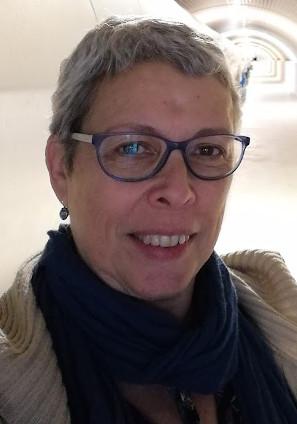
Rosa Doran (NUCLIO)
For more information about this talk click here
-
Lessons learnt from educational initiatives in the framework of global science outreach programs
Wednesday Oct. 13, 2021
UTC: 12:45 p.m. - 1 p.m.Thursday Oct. 14, 2021
UTC: 6:45 p.m. - 7 p.m.Astronomy is considered a gateway science for education due to its ability to encompass many subjects present in school curricula worldwide, inspire curiosity and foster critical thinking. In this sense, astronomy education initiatives are a keystone for global public engagement programs organised in recent years such as the UN IYA2009, IYL2015 or the IAU100 initiative. Among their benefits, these programs mobilise economic resources, distribute and support localisation of educational resources and foster organisation of initiatives to reach communities that have little or no access to these types of actions, e.g. GalileoMobile project. In this talk, I will present lessons learnt from designing, coordinating and implementing international collaborations with educational components.
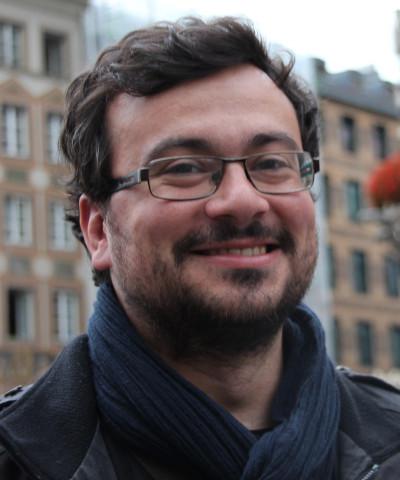
Jorge Rivero González (Joint Institute for VLBI ERIC (JIVE))
For more information about this talk click here
-
The AWB Nigeria Experience
Wednesday Oct. 13, 2021
UTC: 1 p.m. - 1:15 p.m.Thursday Oct. 14, 2021
UTC: 7 p.m. - 7:15 p.m.AWB Nigeria has over the years collaborated with various international organizations in the effort to take Astronomy to every child in the country. Without the support of these partners, it would have been very difficult to reach the thousands of kids reached till date. Supports have been in form of resources, funding and human resources. Nigeria being a country where Astronomy is not taught in schools at both Elementary and High School levels, the teachers have had to rely on other means of incorporating Astronomy into the curriculum mostly through extracurricular activities. AWB Nigeria has enjoyed the support of partners in carrying out Astronomy outreaches, competitions, among others. Also, being part of various workshops, conferences, symposia, etc has exposed members to internal best practices in Astronomy Education.
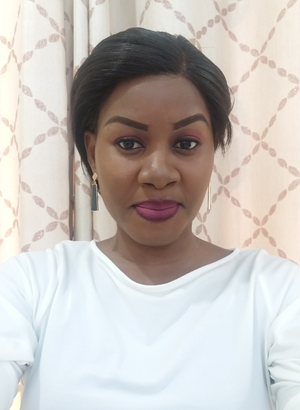
Olayinka Fagbemiro (Astronomers Without Borders (AWB) Nigeria)
For more information about this talk click here
-
A journey of a thousand miles begins with a single step: education in International Collaboration
Wednesday Oct. 13, 2021
UTC: 1:15 p.m. - 1:30 p.m.Thursday Oct. 14, 2021
UTC: 7:15 p.m. - 7:30 p.m.In the era of multi-wavelength and multi-messenger Astronomy, the cooperation in multidisciplinary collaborations is part of the development of the discipline. This approach is also an opportunity to innovate in education, opening a new door to the knowledge using strategies designed from the beginning of the experiments and which are part of the Project Management. In this contribution we will present, based on some successful experiences connected with specific collaborations as Pierre Auger, the formal framework and challenges that conform the roadmap for education of non traditional topics and non traditional detection, from the moment in which the idea of the contact with the community is born, until the moment in which the collaborations open the original data for public uses.
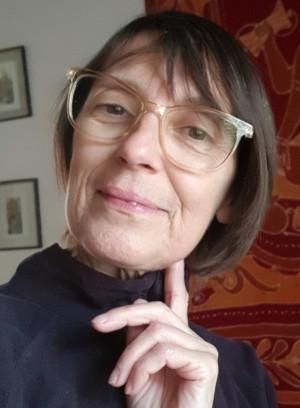
Beatriz Garcia (ITeDA (CNEA-CONICET-UNSAM) and National Tech. University-Mendoza)
For more information about this talk click here
-
IGrav: Engaging people throughout the world in exploring the exciting field of gravitation
Wednesday Oct. 13, 2021
UTC: 1:30 p.m. - 1:40 p.m.Thursday Oct. 14, 2021
UTC: 7:30 p.m. - 7:40 p.m.The mission of IGrav (the International Gravity Outreach Group) is to engage people throughout the world in exploring the exciting field of gravitation, and in particular gravitational-wave and multi-messenger astrophysics. IGrav will accomplish this mission through the creation, sharing, and dissemination of a variety of educational and outreach resources. In this talk, we will discuss how we can create opportunities and promote knowledge transfer across international collaborations, and how we can find the most effective ways of working together within the astronomy & astronomy education community. One particular focus will lie on creating a platform to determine best practices and promote education and evaluation efforts in astronomy education.
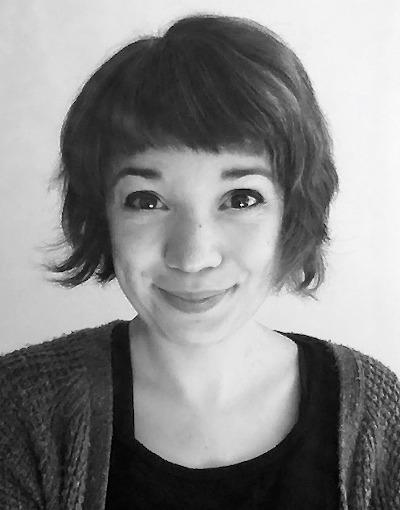
Magdalena Kersting (University of Oslo)
For more information about this talk click here
-
But Do They Understand Me? How to make astronomy beliefs visible and what to do when you find out.
Wednesday Oct. 13, 2021
UTC: 1:40 p.m. - 1:50 p.m.Thursday Oct. 14, 2021
UTC: 7:40 p.m. - 7:50 p.m.Whether you are an astronomer communicating with the public, a museum educator leading planetarium experiences, or a teacher working with students, knowing what your learners are thinking “in the moment” is key to successful engagement. The Astronomical Society of the Pacific has been developing “feedback tactics” scientists and science educators across the globe can use to spark audience curiosity and make audience thinking visible.The ASP also provides scientists with training and support on how to interpret feedback they get and modify their presentations based on responses. In this session we will introduce you to engaging astronomy feedback tactics you can use in a science classroom, museum, or under the stars (funded by National Science Foundation AISL #18110222).
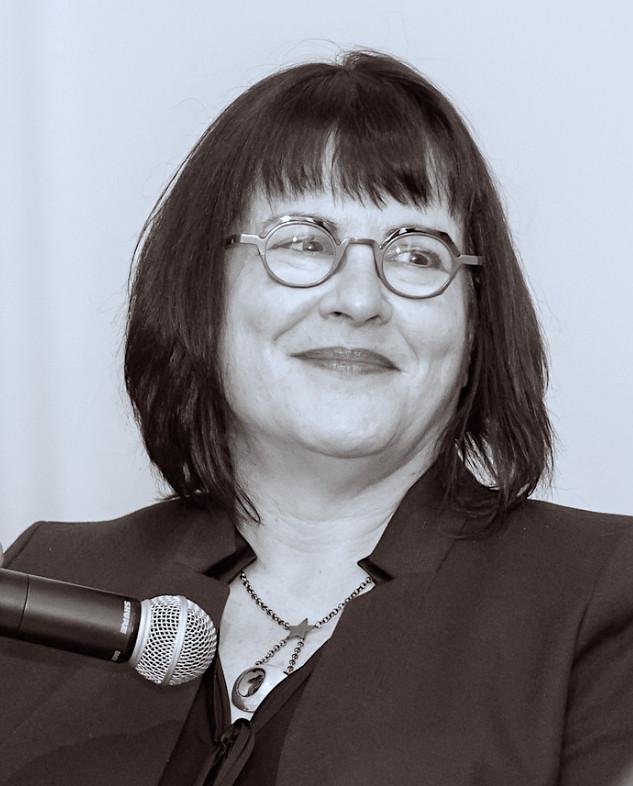
Linda Shore (lshore@astrosociety.org)
Coauthors: Suzanne Gurton (National Radio Astronomy Observatory), Anna Hurst (Astronomical Society of the Pacific), Kari O’Connell (Oregon State University), Dennis Schatz (Institute for Learning Innovation)
For more information about this talk click here
-
Discussion Panel: International Collaborations with an Educational Component
Wednesday Oct. 13, 2021UTC: 1:50 p.m. - 2 p.m.
Thursday Oct. 14, 2021
UTC: 7:50 p.m. - 8 p.m.Chair:
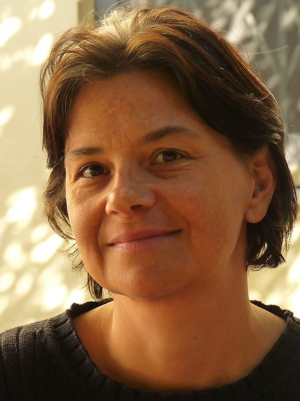
Alessandra Zanazzi
Panel: Rosa Doran
(NUCLIO), Olayinka Fagbemiro
(Astronomers Without Borders (AWB) Nigeria), Beatriz Garcia
(ITeDA (CNEA-CONICET-UNSAM) and National Tech. University-Mendoza), Magdalena Kersting
(Department of Science Education, University of Copenhagen), Jorge Rivero González
(Joint Institute for VLBI ERIC (JIVE)), Linda Shore
(lshore@astrosociety.org)




